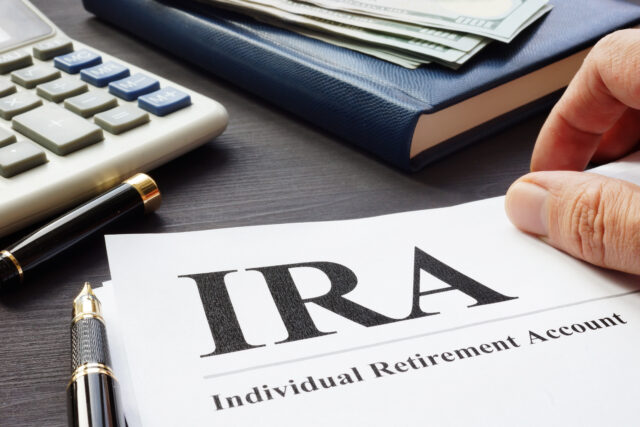
Retail Investor Protection Act Is Misconceived
Alicia H. Munnell is a columnist for MarketWatch and senior advisor of the Center for Retirement Research at Boston College.
The proposed legislation would slow non-competing efforts and hurt consumers
Both the U.S. Department of Labor (DOL) and the U.S. Securities and Exchange Commission (SEC) are considering changes that would affect the conduct of broker-dealers serving retail clients. The motivation for the DOL changes is to reduce the likelihood that third-party incentive payments encourage broker-dealers to sell high-fee mutual funds that will substantially reduce ultimate asset accumulations for customers with Individual Retirement Accounts (IRAs). The SEC has the broader concern that investors do not recognize the differences in standards to which investment professionals are held and wants to level the playing field.
The two agencies, which administer different statutes, necessarily take different approaches. The SEC is considering extending fiduciary conduct standards to broker-dealers who provide investment advice to both retirement and non-retirement accounts. The SEC change would mean that broker-dealers must act “in the best interest” of the customers, as opposed to the current standard of “suitability.” The new standard would be somewhat higher. The SEC might also require broker-dealers to disclose whether they have a potential conflict of interest – for example, whether they will receive a commission from the provider for selling a particular product.
The DOL approach, by broadening the activities that would be considered the provision of advice, would extend different fiduciary obligations to anyone who gives advice to IRAs (banks, insurance companies, Registered Investment Advisers, and broker-dealers). The DOL proposal would not require a change in the standard of conduct toward clients, which makes it different from the SEC proposal. Rather, it would make more broker-dealers “fiduciaries” under the Internal Revenue Code (IRC) and thus subject to IRS prohibited transaction rules. Importantly, under the self-dealing provision, it would eliminate third-party fees, such as 12b-1 and other revenue-sharing fees. The 12b-1 fees are paid by mutual fund providers to broker-dealers for marketing, distribution, and servicing expenses; they continue as long as the customer holds the shares; and they provide a clear incentive for broker-dealers to sell high-fee products.
The need for action from both agencies is real. As a result of rollovers of pension money, IRAs have become the biggest form of retirement savings – bigger than 401(k)s. But IRAs have much fewer regulatory protections than 401(k)s and defined benefit plans, which are regulated under the Employee Retirement Income Security Act of 1974. One consequence is that IRAs tend to be invested in mutual funds with higher fees. And fees have a significant effect on how much people have at retirement.
Despite the fact that the two agencies are considering very different changes – DOL: self-dealing under the Internal Revenue Code; the SEC: conduct – the Retail Investor Protection Act (H.R. 2374) would require the DOL to delay rule-making until after SEC action. It would also require the SEC to undertake new analysis and cost benefit studies, even though the agency has already worked on the issue for several years. Such requirements are costly and unnecessary. The proposals likely to emerge from the two agencies are quite different and should not create any conflict. Consumers need both components, and the sooner the better. Although The Retail Investor Protection Act might sound logical, it is not. The legislation is misconceived and should be opposed.







